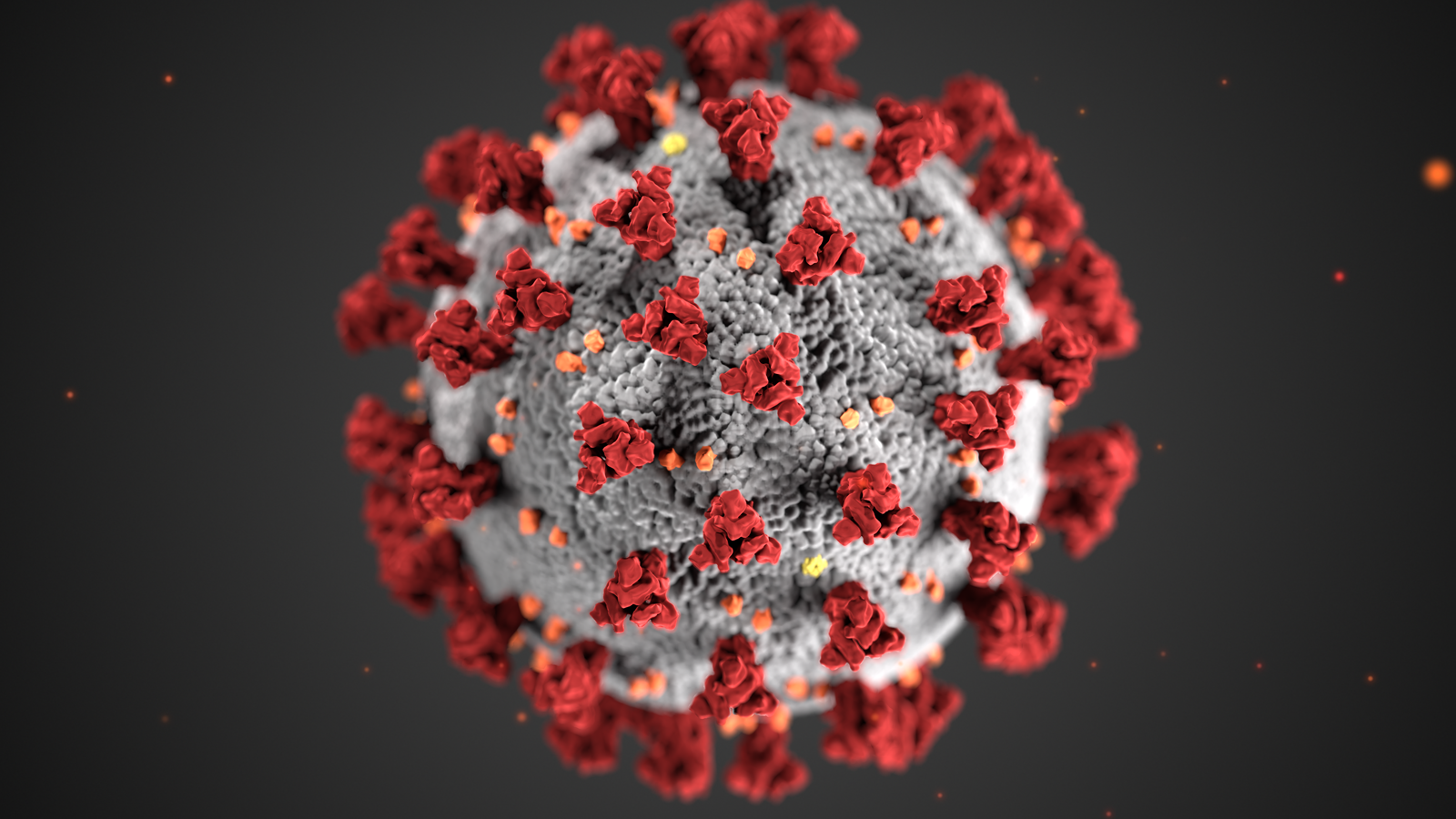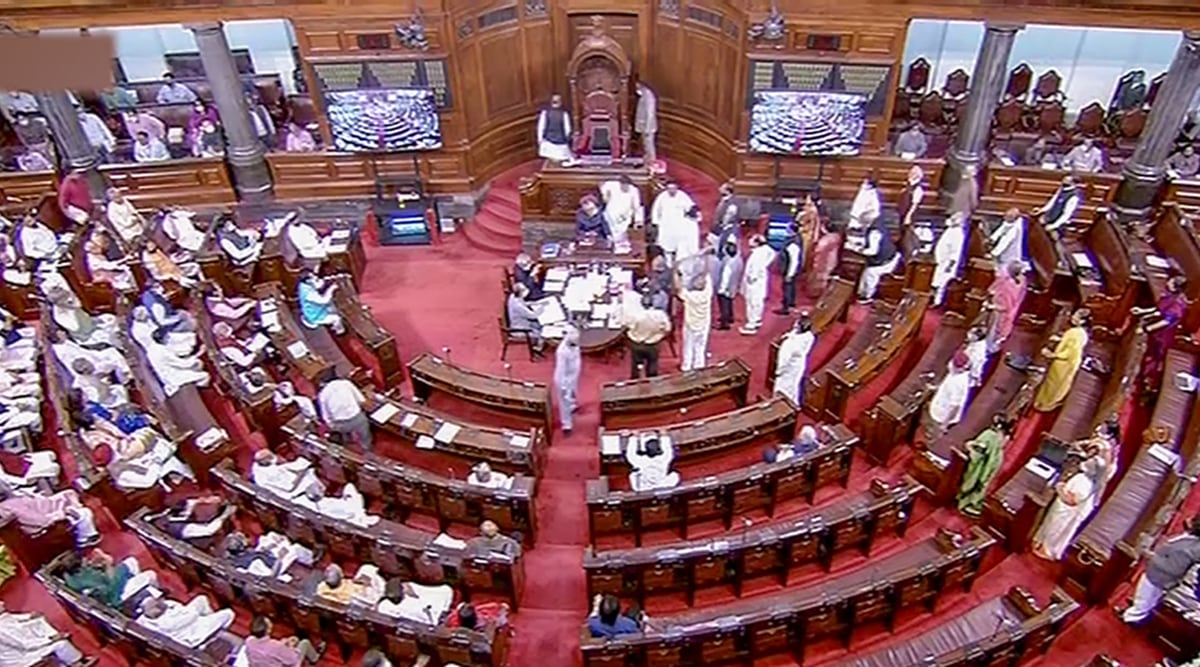India’s largest hospital chains abused dominance through excessive pricing, finds Competition Commission of India (CCI)Investigation

The situation regarding these large hospital chains and their dominance through excessive pricing

According to a Moneycontrol report, the Competition Commission of India (CCI) determined that several of the country’s biggest hospital chains abused their market dominance by charging excessive rates for services and goods.

The fair-trade regulator for India will convene soon to review the responses provided by hospital chains including Apollo Hospitals and various other named hospital chains. Based on the responses, it will then issue penalties.
The commission could force serious approvals, proceeded with MC. The fine might depend on 10% of the typical yearly income of the clinical chains for the past three years. Apollo had a typical yearly income of Rs. 12,206 crores. The typical yearly income of Fortis Emergency clinics throughout the course of recent years was Rs 4,834 cr.
Leasing of rooms, meds, indicative methodology, clinical hardware, and consumables all conveyed a more noteworthy sticker price. The exploration likewise noticed that in specific clinics, dwelling rates were more than those at 4-star lodgings.
For the beyond quite a long while, CCI has been investigating the Indian drug industry. It gave an admonition against organizations manhandling the Coronavirus pandemic and breaking rivalry guidelines in April 2020. As per the report, the request and authorizes may help with bringing down the expense of drugs and gear. They could likewise expand the medical services industry’s straightforwardness.
In view of the quantity of doctors, paramedics, beds, and turnover, clinics were chosen. Also, numerous foundations don’t allow patients to buy consumables, tests, devices, or meds from outside sources. On July 12, 2022, the CCI sent the clinic examination reports, as per the report. These medical clinics were found to charge more than different makers for consumables like needles and sharp edges as well as tests can imagine X-beams, X-rays, and ultrasounds.
Causes of Excessive Pricing
• The biggest obstacle in proving anticompetitive abuses, such as discriminatory pricing, unfavorable terms, and conditions, or even abusive working conditions, is to show that they occurred. It is more difficult to prove that the pricing under inquiry is excessive and illegal in cases involving excessive pricing. Different techniques have been employed over time by competition regulators and courts to establish whether a cost is unreasonable.
One crucial approach is based on comparing prices and manufacturing costs. However, in other circumstances, price/cost analysis might not be practical, for example, if there is a paucity of data or if the price refers to an intangible good, such as an intellectual property right.
• Other hazards include the use of agency assets to prepare extremely labor-intensive excessive pricing investigations and the likelihood that pursuing excessive pricing cases throughout a short-term crisis carries the danger of being out of timing given the time this could take to initiate such cases.
Therefore, before beginning enforcement against excessive pricing, competition authorities should think about whether other alternative channels for action may be available, as explained in more detail below.
At the same time, filing lawsuits for excessive pricing may be appropriate and the best option for resolving issues brought on by major price increases for necessities during a crisis. Even the possibility that competition authorities could serve as interim price regulators in situations when price gouging is permitted has been raised.
For instance, the competition authority could act as a temporary price regulator in the event of a natural disaster because immediate action would be required, the excessive price could be easily determined in comparison to the price that was in effect before the disaster, as well as the intervention, would be brief.
• In countries where this is allowed, the competition authority must always show that the offending company has a sufficient level of market dominance before it can challenge exorbitant prices under competition law. Even under normal conditions, this is a difficult idea that necessitates first identifying the pertinent market before conducting an extensive analysis to determine whether the under investigation company indeed has the necessary amount of market strength.
These difficulties are made worse by the fact that during a crisis, traditional indicators of market power—such as market shares, entry hurdles, buyer power, etc.—might be harder to come by and market power may vanish as suddenly as it arrived.
Regulators could be able to decide whether a corporation has enough market power despite this. Regulatory agencies will have to consider the crises’ limitations while making this decision.
Examples of COVID-19 Excessive Pricing cases under competition law of various nations
• In Europe, the Spanish regulatory authorities have said that they are investigating instances of excessive pricing in the crisis-affected industries and have begun looking into anti-competitive actions. This includes financial lending, hydro-alcoholic gels, and funeral services in light of the rise in fatalities brought on by the coronavirus epidemic.
• Greece has started looking at potential price rises and output limits for medical supplies and other products. The competition authorities issued information requests to numerous businesses engaged in the manufacturing, importing, and selling of medical products, specifically surgical masks & disposable gloves as well as other goods like antiseptic wipes and antiseptic solutions.
• The competition authority in Romania also revealed investigations into price increases for disinfectants, protective gear, and sanitary items.

• In Italy the cost of a private health and laboratory group’s serological testing to find COVID-19 antibodies has also been the subject of an investigation.
• A store in Africa received a fine from Kenya’s competition authorities for sharply raising the cost of hand sanitizers.
• In South Africa, the government has created laws that forbid charging an exorbitant price underneath the Competition Act for several necessary goods and services, including facemasks, surgical gloves, and food and medical supplies. A price is considered exorbitant during the State of National Disaster if it is greater than the price set before March 2020, unless this reflects higher production costs.
The first COVID-19 price gouging complaint involving corporations inflating facemask pricing was referred to the Competition Tribunal by the South African Competition Commission. The Competition Commission also said that it had completed additional inquiries into price increases for medical gloves, facemasks, hand sanitizer, and even poultry, which it will soon bring to the Tribunal.
• In Asia, the COVID-19 quick test pricing practices of hospitals are being investigated by the Indonesian competition regulator. According to preliminary data, hospital fast test packages ranged in price from 500,000 to 5.7 million rupiahs ($32 to $365), with additional tests and services included.
• In light of the COVID-19 epidemic, Thailand’s government has complained about the allegedly exorbitant prices of surgical facemasks being sold online.
• Brazil’s CADE launched an investigation on whether businesses were making unjustified gains from an increase in demand for pharmaceutical products related to COVID-19 in the Americas.
How can the excessive rates be curbed?
Making it obvious that the competition authorities are closely watching the market and prepared to act quickly could avoid the need to initiate formal procedures. This might take a variety of shapes. Competition regulators may make broad warnings that they are keeping an eye on the market & will give cases against businesses taking advantage of the crisis to gain a higher priority.
When such authority is available, regulatory agencies may also consider the option of issuing specific informal warnings (such as warning letters) to specific firms or groups of firms to prevent or stop participating in anticompetitive conduct rather than immediately starting investigations.
Introducing temporary solutions is another choice. Such actions are necessary for urgent situations where there is a chance that the competition will suffer significantly. Since they are just temporary, it may be important to frequently review them to make sure they are still necessary and suitable.
Consideration of the role that the other regulatory tools, as well as regulators, can play in addressing exploitative pricing practices, such as laws against price gouging, public tender procedures, or consumer protection, is a third option. In jurisdictions wherein exploitative abuses are not outlawed by competition law, this may effectively be the sole option. However, this strategy considered in cases when such pricing practices are covered by competition legislation.
An alternative is for consumer authorities and competition authorities to coordinate their efforts and even enter into agreements. To enforce consumer protection rules, several competition commissions actively collaborate with other domestic authorities. Information sharing, working together to develop business recommendations, conducting investigations, and taking enforcement action are all examples of this cooperation, which can be supported by laws or other agreements.
Another instance of high pricing by Hospitals during the Covid-19 Report by the Competition Commission of India

A parliamentary panel stated on Saturday that private hospitals charged exorbitant fees due to rising COVID-19 cases, insufficient beds in government hospitals, and a lack of specific COVID treatment guidelines. The panel claimed that many deaths could have been avoided with a sustainable pricing model. M. Venkaiah Naidu, chairman of the Rajya Sabha, received the report on “Outbreak of Epidemic COVID-19 and its Management” from Ram Gopal Yadav, chair of the parliamentary standing health committee.
This is the first study from a parliamentary committee regarding how the administration handled the COVID-19 outbreak. The panel along with CCI noted that health spending in the nation of 1.3 billion people is “abysmally low,” and that the fragile Indian health ecosystem constituted a significant obstacle to developing an effective response to the pandemic.
The committee, as a result, “strongly recommends that the government increase its investment opportunities in the national healthcare system & make coherent efforts to meet the National Health Policy objectives of expenditure up to 2.5% of GDP within 2 years as the year 2025 is far off & the public health can’t be jeopardized until that schedule,” according to the report. By 2025, government spending on healthcare is expected to increase from 1.15 percent of GDP in 2017 to 2.5 percent of GDP, according to the National Health Policy of 2017.
The committee noted that the lack of a specialized healthcare system forced the population to endure trauma and distress and that the nation’s government hospital beds were insufficient to accommodate the rising number of COVID & non-COVID patients. The committee observed in the study that individuals were charged exorbitant prices as a result of the lack of precise criteria for COVID treatment in hospitals, which raised the cost of providing health care.
In light of the disease outbreak and the lack of government health centers, the report emphasized the importance of better collaboration between both the government & private hospitals. It stated, “The Advisory board is of the perspective that arriving at a viable price structure to cure COVID patients might have prevented many deaths.”
The committee thinks that access to healthcare should not be restricted to those who can afford it, but rather that we should work toward the admirable goal of universal health care. According to the research, for this to occur, the government must show consideration and support for the commercial health care industry.
The committee praised medical professionals for taking the lead in combating the deadly illness but criticized them for not having set working hours, reliable relief rosters, and off-duty days. The report recommended that the doctors who gave their lives in the fight against the epidemic and that their families receive fair compensation.
Thus, we need to keep a holistic view about making national health and a step ahead of development. If the workforce is healthy it will automatically lead to the positive economic development of the nation.




